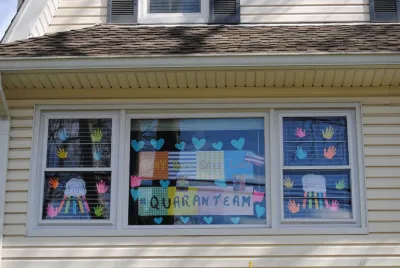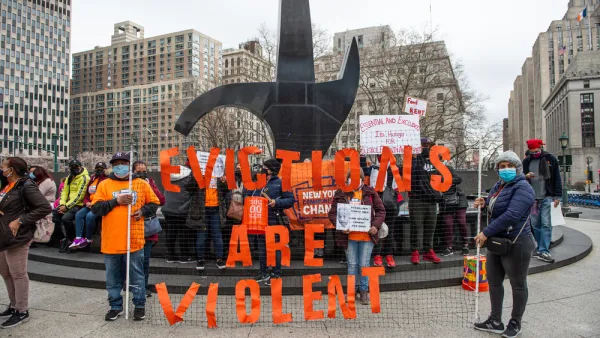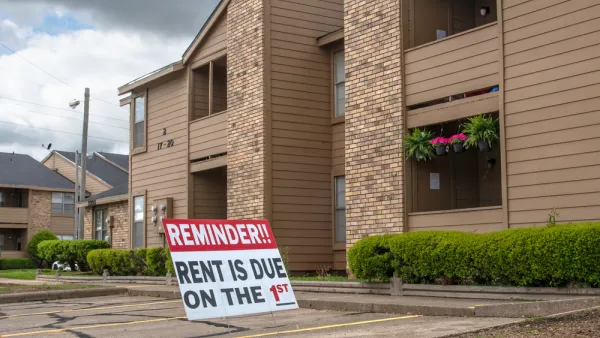Housing policy can ensure a sustainable economic recovery by focusing on five outcomes.

Planners looking for ways to "build back better," in the words of president-elect Joe Bide, have a suite of housing policy options to choose from.
Elizabeth Champion and Megan Gallagher present a detailed list of five policy outcomes that can contribute to economic stability and mobility in the recovery from the ravages of the pandemic.
"The current housing policy response focuses on two outcomes: supporting housing affordability and stability," according to the article. "Both have crucial implications for all the components of upward mobility but are likely to fall short of fully supporting equitable housing recovery that strengthens future resiliency." To make up for that shortcoming, Champion and Gallagher propose three additional outcomes as a goal for planners and policymakers. Here is how the article lists the five outcomes in total, with much more detail included in the source article:
- Housing affordability can promote multiple dimensions of mobility.
- Housing stability encourages civic engagement and promotes economic success, power, and belonging.
- Housing quality can have long-term effects on a household’s autonomy and economic success.
- Housing that builds wealth can offer homeowners a resource for investments in education, health, and other opportunities.
- Neighborhood context can influence upward mobility, with some “high-opportunity” neighborhoods offering more advantages.
The long-term recovery will require even more proactive work toward established outcomes, write the duo, "[acknowledging] the full influence of housing on a household’s power and autonomy and sense of being valued in their community as drivers of the household’s upward mobility."
FULL STORY: Five Housing Outcomes That Could Promote Long-Term Recovery from the COVID-19 Pandemic

National Parks Layoffs Will Cause Communities to Lose Billions
Thousands of essential park workers were laid off this week, just before the busy spring break season.

Retro-silient?: America’s First “Eco-burb,” The Woodlands Turns 50
A master-planned community north of Houston offers lessons on green infrastructure and resilient design, but falls short of its founder’s lofty affordability and walkability goals.

Delivering for America Plan Will Downgrade Mail Service in at Least 49.5 Percent of Zip Codes
Republican and Democrat lawmakers criticize the plan for its disproportionate negative impact on rural communities.

Test News Post 1
This is a summary

Test News Headline 46
Test for the image on the front page.

Balancing Bombs and Butterflies: How the National Guard Protects a Rare Species
The National Guard at Fort Indiantown Gap uses GIS technology and land management strategies to balance military training with conservation efforts, ensuring the survival of the rare eastern regal fritillary butterfly.
Urban Design for Planners 1: Software Tools
This six-course series explores essential urban design concepts using open source software and equips planners with the tools they need to participate fully in the urban design process.
Planning for Universal Design
Learn the tools for implementing Universal Design in planning regulations.
EMC Planning Group, Inc.
Planetizen
Planetizen
Mpact (formerly Rail~Volution)
Great Falls Development Authority, Inc.
HUDs Office of Policy Development and Research
NYU Wagner Graduate School of Public Service





























